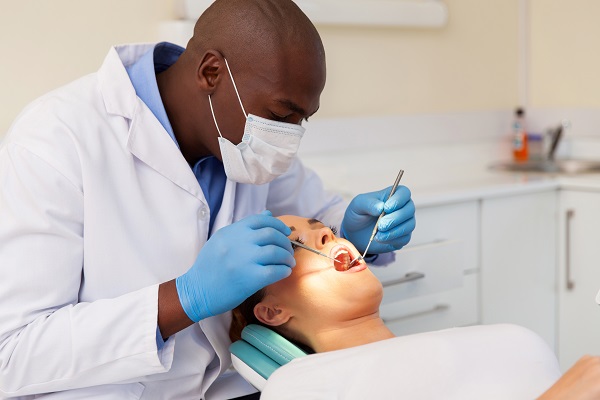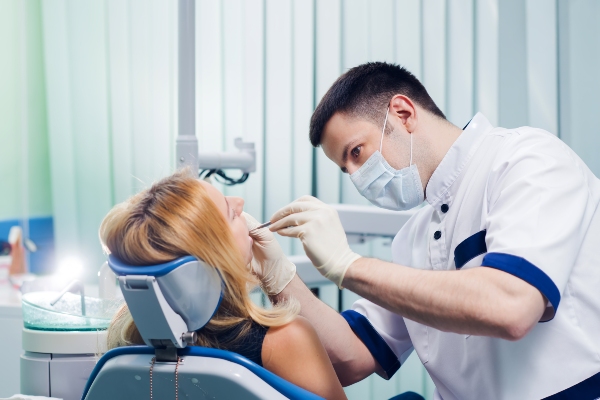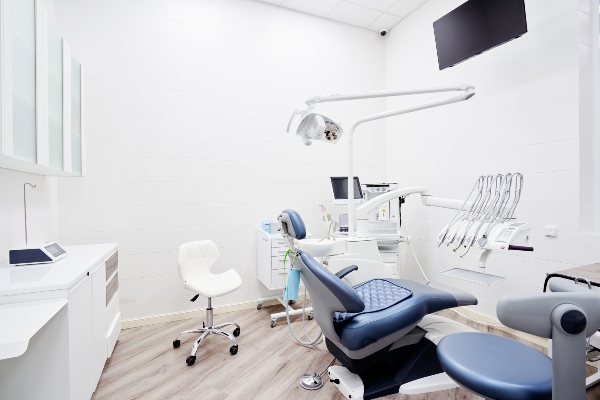How an Oral Sedative Can Help During a Dental Visit

An oral sedative always comes in handy when a patient cannot handle being in the dentist’s office. While it is true that dental checkups are necessary for your health, there are still adults who cannot stand them. Phobias about the dentist or the dental examination itself develop in childhood and carry over into adulthood. Taking an oral sedative can make your dental checkup more pleasant. If you suffer from fear and anxiety during a dental checkup, find out how taking an oral sedative can help.
Relieves pain
Some people dislike pain during dental exams. With an oral sedative, the patient can go through the dental checkup and treatments without pain. The pain from dental treatments can make the dental checkup traumatic, intensifying the fear that is already there. That is why many people stay away from dentists. If the dentist suggests the use of a proper oral sedative to the patient during the consultation, this fear can go away during the dental appointment.
Alleviates anxiety
By taking an oral sedative before the dental exam, a patient can remain calm. Taking this medication is a good way to ensure the dental health and psychological well-being of the patient. Anxiety in overly nervous patients can be too disruptive that it could affect the dental treatment. These patients should take the oral sedative before going to the dental clinic. Doing so can help the patient receive proper dental care while keeping the dental clinic calm for the other patients.
Weakens the gag reflex
This reflex is a defense mechanism that stops any foreign object from entering the throat. A patient in the dental chair is aware that the dentist will be using foreign objects to work on teeth and gums. Because of this, a strong gag reflex can prevent the dentist from working on the back part of the patient’s mouth. An oral sedative can paralyze the gag reflex, allowing the dentist to work on the patient’s mouth more effectively.
Non-invasive
Taking an oral sedative does not involve the use of needles. The sedative enters the body through the mouth. Then, the small intestine absorbs the medication and reaches the bloodstream. The sedation starts to take effect gradually. This is an effective way to calm patients who fear needles.
Makes the patient forget
With sedation, the patient’s mind cannot create a new memory from the dental treatment. An oral sedative can prevent the worsening of the patient’s phobia of dental checkups. This type of amnesia is helpful. It can also stop the patient from recounting the dental treatment.
What patients fear because of dental anxiety
Fear triggers dental anxiety. Children and adults develop these fears over time. Negative experiences with dentists in the past may have started phobias. Here are some of the common worries linked with dental anxiety:
- Fear of discomfort or pain is why people stay away from dentists. Negative experiences with past dentists may lead to this fear. Frightening stories about dentists may have convinced them to stay away from dental clinics.
- Fear of embarrassment may also overwhelm some patients. This includes the fear of being judged by the dentist because of unhealthy teeth and gums.
- Fear of needles and drilling tools can also prevent a person from entering a dental clinic. Some of the dentist’s instruments may look threatening. That is why many people avoid even thinking about setting up a dental appointment.
- Fear of lack of control can also prevent people from seeing a dentist. Some people do not like the idea of not seeing what is happening. This tends to deprive them of having control of the situation.
Other ways to address dental anxiety
Aside from oral sedatives, there are other ways of dealing with dental anxiety. The patient can choose medications to reduce the fear of dentists. The attending dentist can even help with alternative solutions. Here are other ways of addressing dental anxiety:
- Behavioral techniques, such as meditation and booking an appointment at low-stress hours of the day, can help prevent dental anxiety attacks. Slow breathing and avoiding caffeine can also help.
- Speaking to the dentist about the anxiety can help the dental staff make the appointment as pleasant as possible for the patient.
You can achieve a calm dental appointment each time by taking an oral sedative before it starts
Patients who fear the dentist can achieve a calm and complete dental treatment by taking an oral sedative. Using this medication can help you go through a stressful procedure like a root canal or dental extraction. It is common for dental patients to take oral sedatives. Asking your dentist about the process of taking an oral sedative before your treatments can help you feel more comfortable during your next dental appointment.
Are you considering having an oral sedative in the Columbia area? Get more information at https://davisanddingle.com.
Check out what others are saying about our dental services on Yelp: Sedation Dentist in Columbia, SC.
Recent Posts
Don't avoid the dentist due to fear of pain. A sedation dentist can make the treatment easy and relaxing.If you struggle with dental anxiety, then our sedation dentistry may be able to help. With sedation dentistry, we can help you relax and not feel any sensation while we work on your teeth. Our goal is…
For many people, dental anxiety is a significant barrier to getting the care they need, leading to more serious oral health issues. This fear or stress around dental visits can range from mild nervousness to intense apprehension, making it hard to schedule an appointment. However, understanding dental anxiety and learning how to manage it can…
Dental anxiety is a common issue that affects people of all ages. This term refers to the fear, anxiety, or stress of dental visits. There are several misconceptions about dental anxiety, leading to additional fear or avoidance of necessary dental care. By separating facts from fiction, patients can better understand this condition and go to…
People with dental anxiety may feel isolated in their distress, yet according to Psychology Today, 15% of patients experience it. Though a common condition, it is one that can cause potential problems. People who experience anxiety about the dentist may put off routine checkups and cleanings. This can lead to more severe dental issues requiring…


